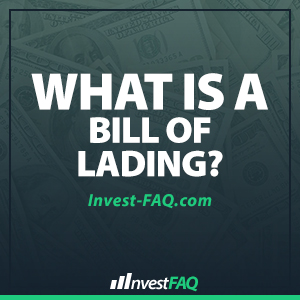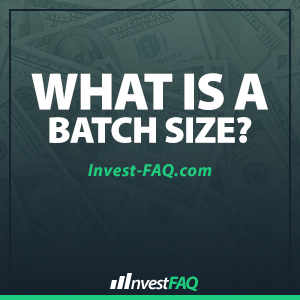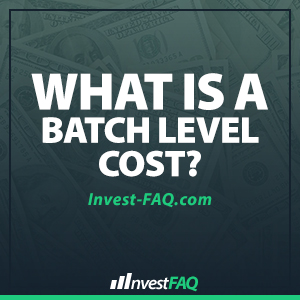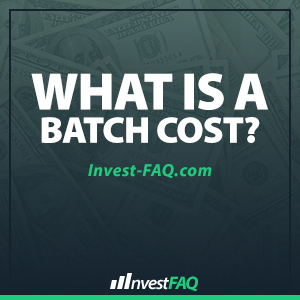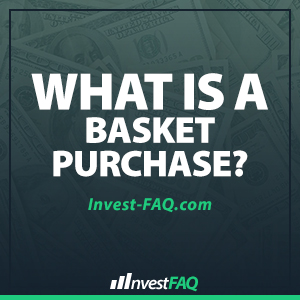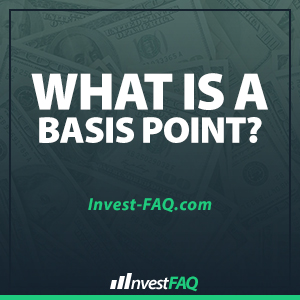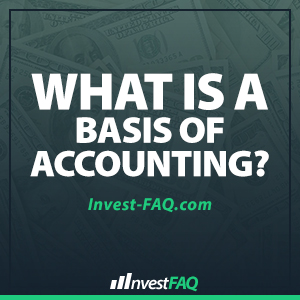Bill of Lading A bill of lading is a legal document issued by a carrier to a shipper, detailing the type, quantity, and destination of the goods being transported. It serves as a shipment receipt when the goods are delivered at the predetermined destination, a contract between the shipper and the carrier for the carriage
Tag: Investing & Finance Glossary Terms: B
What Is a Beneficial Owner?
Beneficial Owner A beneficial owner is an individual or entity that enjoys the benefits of ownership even though the title to some form of property or asset is in another name. It refers to the natural person(s) who ultimately owns or controls a customer or the person on whose behalf a transaction is being conducted,
What Is a Beneficial Conversion Feature?
Beneficial Conversion Feature A beneficial conversion feature (BCF) is a financial characteristic of certain securities, such as convertible bonds or preferred stock, that allows the holder to convert those securities into common stock at a conversion rate more favorable than the current market value of the common stock. This feature provides an immediate potential value
What Is a Bearer Bond?
Bearer Bond A bearer bond is a type of fixed-income security that is owned by the holder or bearer, rather than a registered owner. The coupons for interest payments are physically attached to the bond, and the bearer redeems them by presenting the coupons to the issuer as they come due, with the principal amount
What Is a Batch Size?
Batch Size A batch size refers to the total number of units produced in a single production run or cycle. It represents a key operational decision in manufacturing and production processes, balancing between the efficiency of large-scale production and the flexibility and responsiveness of producing smaller quantities. Determining the optimal batch size is crucial for
What Is a Batch Level Cost?
Batch Level Cost A batch level cost is a type of manufacturing overhead that is incurred as a result of producing a batch of goods, regardless of the individual units within that batch. These costs are directly associated with the production process but are not influenced by the number of units produced, such as costs
What Is a Batch Cost?
Batch Cost A batch cost refers to the total cost associated with producing a specific batch of goods, encompassing all expenses from direct materials and labor to indirect manufacturing overheads allocated to that batch. This costing method is particularly useful for manufacturers and businesses that produce goods in batches rather than in continuous production lines,
What Is a Basket Purchase?
Basket Purchase A basket purchase, also known as a lump-sum purchase, refers to the acquisition of a group of assets for a single, combined price without specifying the cost of each individual asset within the group. This accounting concept is frequently encountered when a company buys multiple assets together, such as a bundle of equipment
What Is a Basis Point?
Basis Point A basis point is a unit of measure used in finance to describe the percentage change in the value or rate of a financial instrument. One basis point is equivalent to 1/100th of 1 percent (0.01%), making it a precise tool for discussing changes in interest rates, bond yields, and other percentages in
What Is a Basis of Accounting?
Basis of Accounting A basis of accounting is a framework under which transactions and events are recognized in the financial statements. It determines when revenues and expenses are recorded, with the two primary methods being cash basis and accrual basis accounting. The choice of accounting basis significantly influences how a business’s financial health is depicted.

